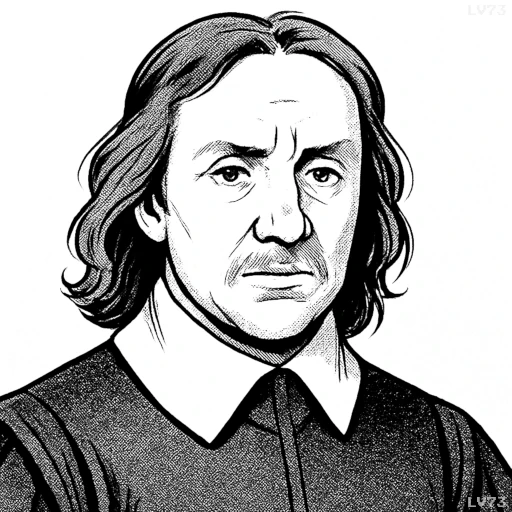“Necessity has no law.”

- April 25, 1599 – September 3, 1658
- English
- Military and Political Leader, Lord Protector of the Commonwealth of England, Scotland, and Ireland
table of contents
Quote
“Necessity has no law.”
Explanation
This quote asserts that in times of extreme urgency or crisis, normal rules and legal constraints may be suspended. Necessity becomes its own justification, overriding established codes of conduct or justice. The phrase reflects a utilitarian mindset, where survival or a higher purpose trumps formal legality—a principle that can be both empowering and dangerous depending on its use.
Oliver Cromwell operated in a context where the old legal order was being dismantled. During the English Civil War and his rule as Lord Protector, he made decisions—such as dissolving Parliament or executing a king—that defied legal precedent. These acts were justified on the grounds of necessity for the nation and divine providence. For Cromwell, the law served the cause, not the other way around, especially when that cause was seen as righteous or divinely sanctioned.
In modern application, this quote is often invoked during states of emergency, such as wars, revolutions, or pandemics. It highlights the ethical tension between the rule of law and the demands of crisis, as seen in actions like martial law, emergency powers, or whistleblower leaks. While sometimes necessary to prevent greater harm, the idea that “necessity has no law” also warns us: once the boundaries of law are crossed, they are difficult to reestablish, making this principle both a tool and a peril.
Would you like to share your impressions or related stories about this quote in the comments section?




